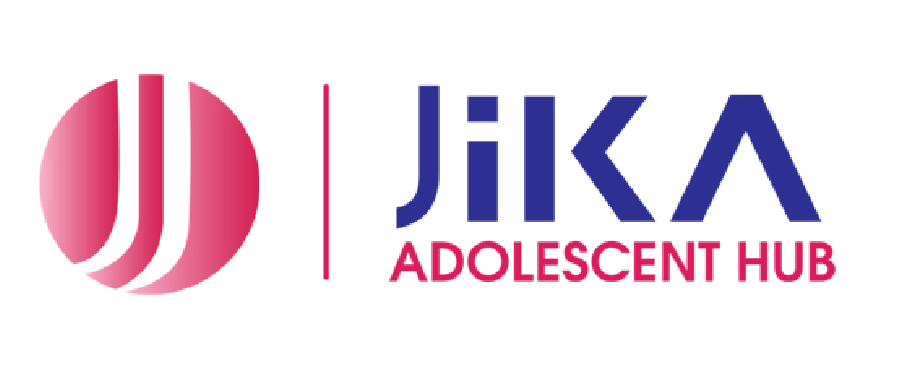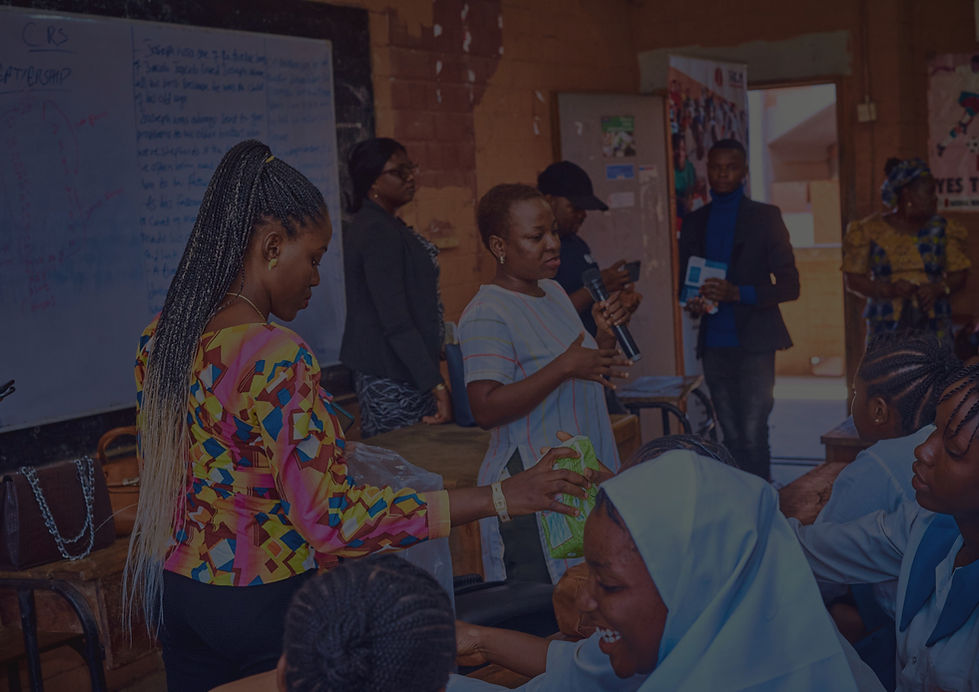Period poverty refers to inadequate access to essential menstrual resources, including sanitary products, washing facilities, waste management, and education on their effective use. This lack of access can lead to physical health issues like infections and reproductive tract complications, as well as negative social and psychological consequences, such as missed school or work days and stigma.
Period poverty is a result of intersecting gender inequality and economic injustice, and its perception and legislation vary widely globally. Fortunately, social media and the arts offer powerful platforms for modern advocacy and awareness about period poverty, helping to drive change and promote menstrual equity worldwide.
The burden of period poverty in Africa
Nearly everyone who menstruates faces inequalities stemming from high prices of sanitary products, limited access to these essentials, and inadequate menstrual education. However, women from low-income households are disproportionately affected by period poverty. Research conducted by BBC in 2023 shows that in six of the African countries they studied, women on minimum wage spend between 3-13% of their salary to buy two packets of sanitary towels containing eight pads while those without any source of income are left to use rags, or in some cases depend on men who ask for sex in return. Across Africa, and the world, lack of access to menstrual hygiene products due to high cost or because they’re not available in rural or remote areas has had a huge impact on millions of women. This statistic is both sad and worrisome, as it is essential for girls and women to feel comfortable and able to properly care for themselves during menstruation in order to achieve their full potential.
The way forward
To bring an end to period poverty in Africa:
- Advocates need to continue to destigmatize menstruation- we need to continue to speak openly and honestly about menstruation, just as we do with other aspects of life, without shame or fear. By doing so, we’ll make it easier for parents to have timely and informative conversations with their children, bridging the gap in education.
- Governments and policymakers need to build WASH infrastructures across communities. Women and girls should have access to clean water, soap, and safe bathrooms for proper hygiene during menstruation. Additionally, taxes on menstrual products should be removed , and menstrual products need to be made available, affordable and free for girls in low income communities. This is of utmost importance because the recent inflation in prices of goods and services has made it twice as difficult to get menstrual products now than it was before.
- Individuals should support a girl with sanitary materials in their own little way. You can decide to sponsor the sanitary products of a girl for a period of time. Every gesture counts.
Period poverty is a reality that no one should face. Menstruation is a natural, unavoidable part of life, and it’s unfair that anyone should struggle to access the resources they need to stay clean and comfortable during this time. Menstruation already comes with its own set of physical and emotional challenges, and maintaining good menstrual hygiene shouldn’t be an added burden. It’s a fundamental right that every woman and girl deserves. Let’s work together to make menstrual hygiene management accessible and stress-free for all.
Sources:
Period poverty: African women priced out of buying sanitary pads BBC 11 August 2023 Accessed 9th June 2024
Period poverty Ballard Brief February 2023 Accessed 31st May 2024


